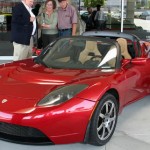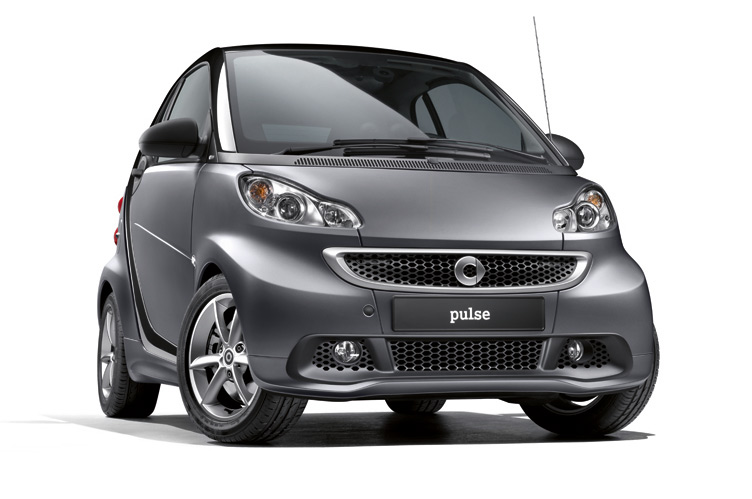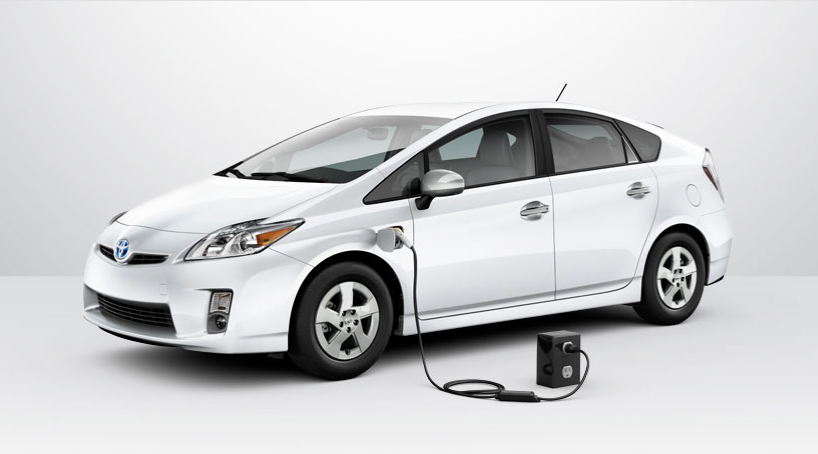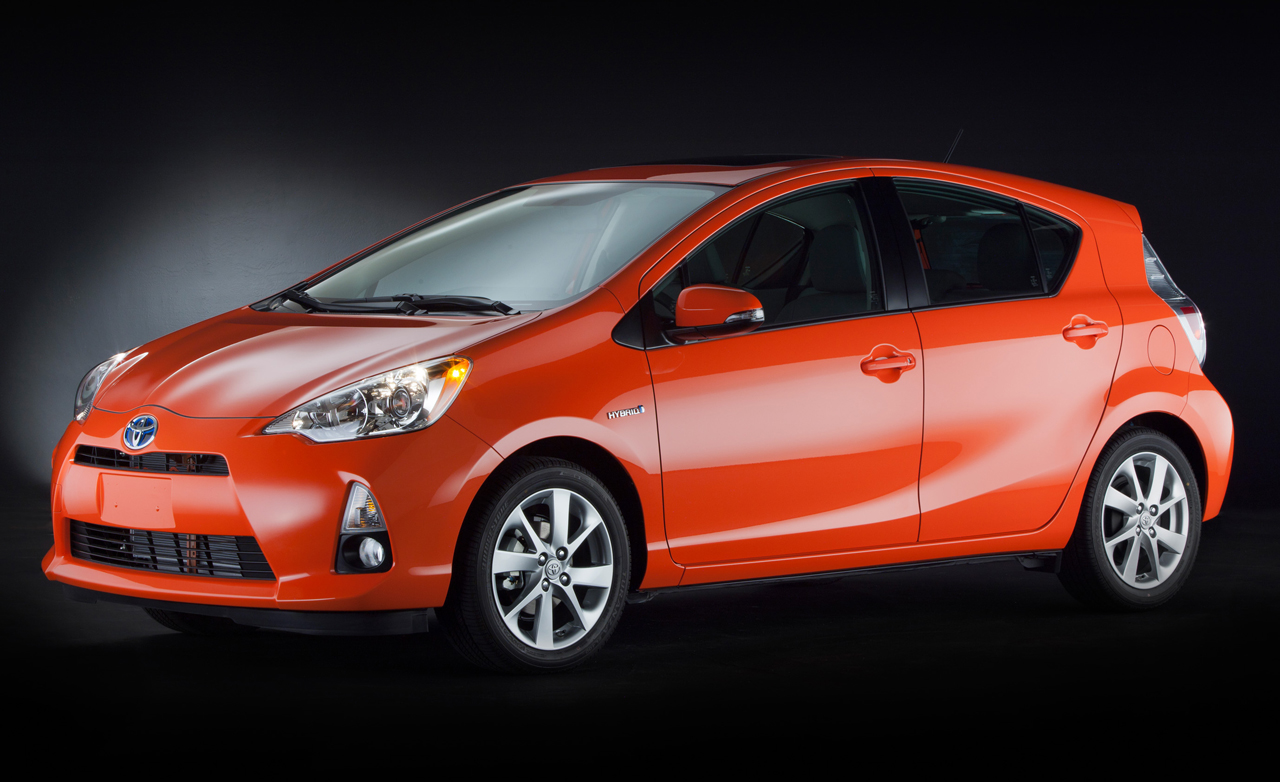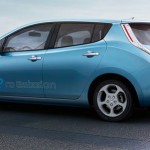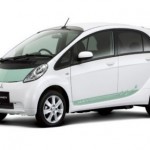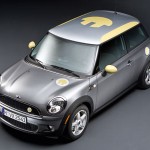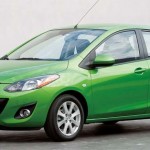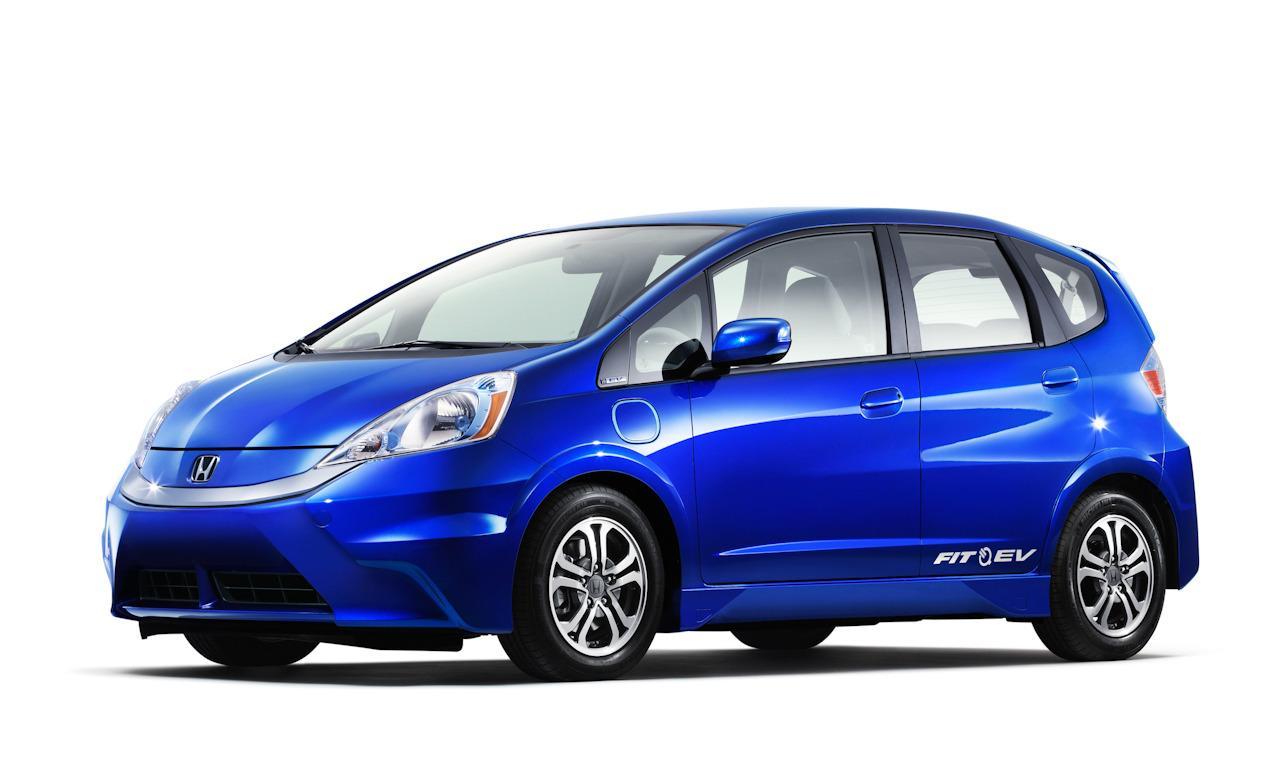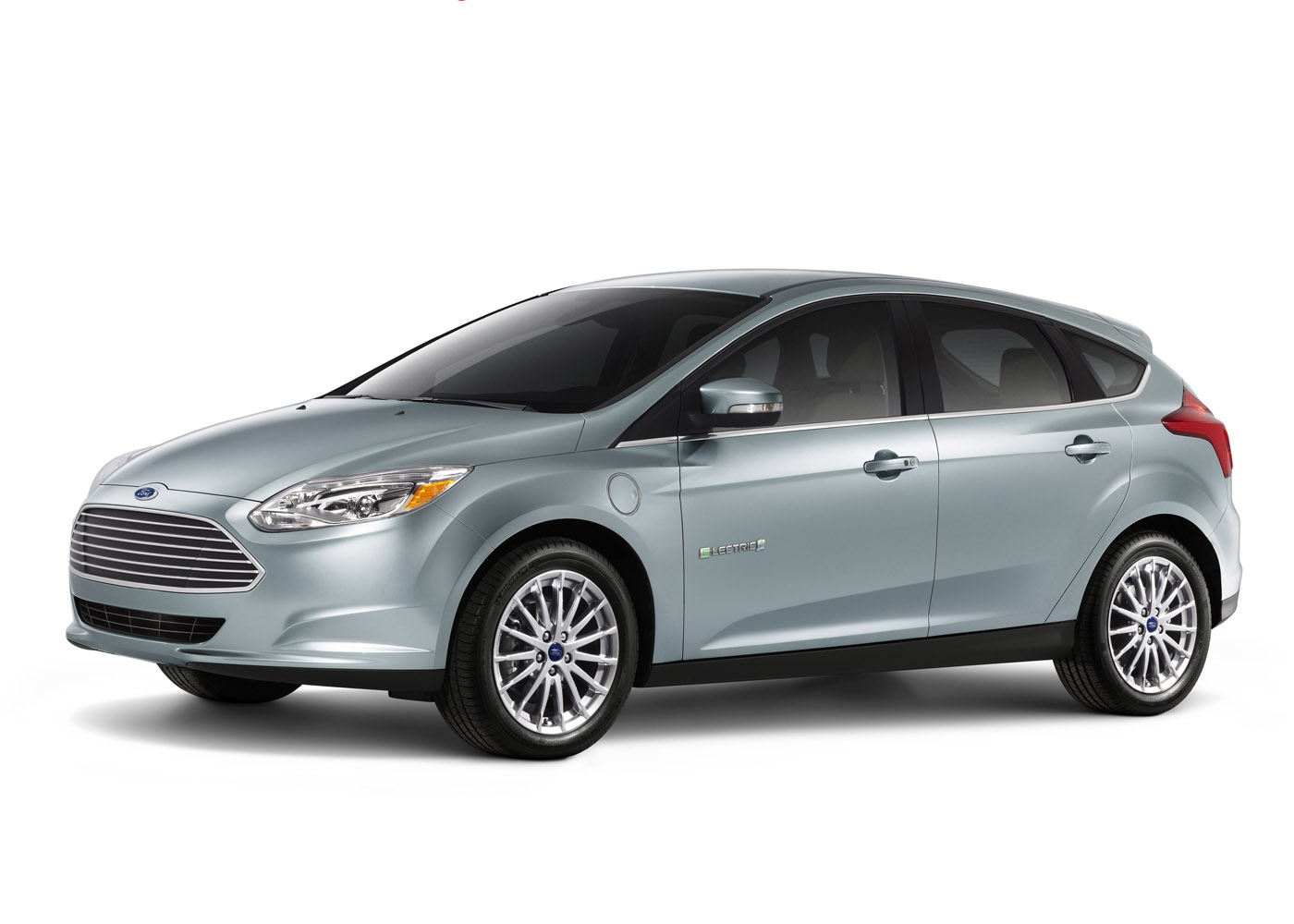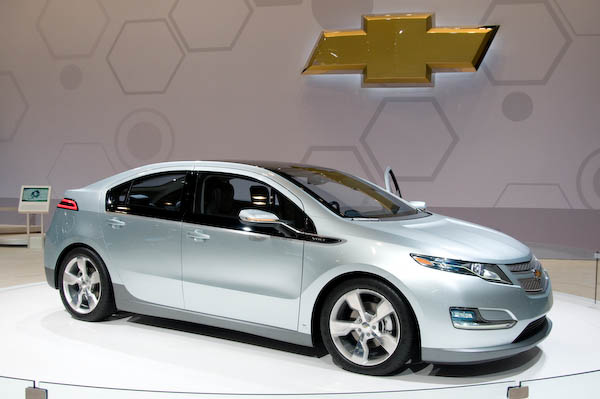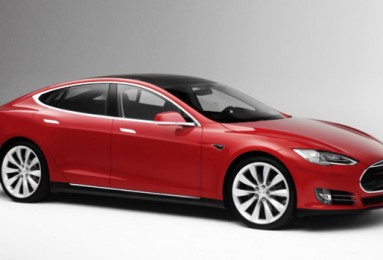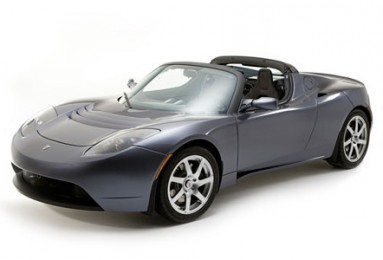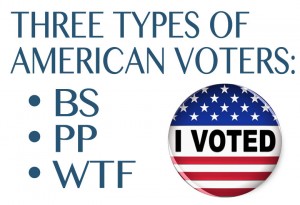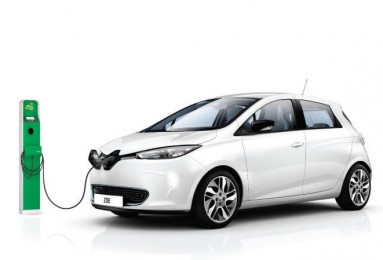 Electric cars are finally beginning to lose a lot of the stigma of being too slow, too small and impracticable. As EV range and milage increase – and prices of electric cars decrease – EV cars have become more viable for a large part of the population. If you have a little extra money to spend, then you can even buy a cool electric car and get your hands on a Tesla Roadster.
Electric cars are finally beginning to lose a lot of the stigma of being too slow, too small and impracticable. As EV range and milage increase – and prices of electric cars decrease – EV cars have become more viable for a large part of the population. If you have a little extra money to spend, then you can even buy a cool electric car and get your hands on a Tesla Roadster.
However, the $100k+ price tag of the Tesla sports car makes it out of reach for basically everyone on the planet who lives a normal life. That leaves us to look at other electric car options in a price range normal people can afford. Seriously thinking about the electric vs hybrid cars is important.
There are a couple comparison charts in this post to help compare: compare hybrid car features and miles per gallon, and a fully electric car milage chart.
Fully electric cars still have some range issues for people who need a car that’s good for both commuting as well as road trips. 50-100 miles on a single charge still isn’t enough for people who don’t live in a city, or who have long work commutes. It’s also notable that some gas-powered cars get better milage than hybrid cars. Comparing electric cards or hybrid vs. electric cars is a complicated process. I don’t own a fully electric cars (plug in), but like many consumers, sooner than later I’d want to stop relying on gasoline, which where I live has been well over $4.15 a gallon for years.
While the focus is on hybrid vs. electric cars, if your goal is just higher gas milage, we can’t forget that Ford has a 40 mpg Fiesta, and Mazda has their Mazda 3 model that also is listed at getting 40 miles per gallon. Both of those get better gas milage than a lot of hybrid cars. The choice of what kind of car to buy, then isn’t always so clear. It’s s juggle… why get a hybrid car when some regular gasoline models still get better milage?
In the electric vs hybrid cars debate, Plug in EV cars tend to get criticized because of their driving range and lack of power. For people who plan to use their electric car for a shorter commute to and from work, this isn’t a problem. However, for most of us who can only afford to own one car, the one we have has to be versatile enough for commuting as well as traveling. The driving rage of electric vehicles is really important, and currently still a shortfall (bottom-most chart in this post compares electric car distances).
Are electric cars worth it?
From CarsDirect.com: EV: Is an Electric Car Worth it? – CarsDirect
“An all electric car runs purely on an brushless electric motor. Electric car energy is conserved far better than energy used in internal combustion engines, so even though you fill the car’s batteries with electrical power that was created by burning fossil fuels, you will still cut down on your impact on Earth’s atmosphere.
Buying a fully electric car at this time remains more than just a choice to save some money on gas. Since the prices are hire and range less, making that choice is also an environmental one. You end up paying a little bit to ensure you don’t add as much carbon to the atmosphere. The value of that varies person to person.
We might as well get back to Mr. Musk’s creation, Tesla cars. The Tesla Model S is much more reasonable than the sporty counterpart. However with a starting price of just over $58,000, driving an electric car that is also nice (not just neat and small) is an expensive proposition.
The only types of all electric cars that can be sold for cheap are small and cannot exceed 20 to 25 miles per hour, while the models that can be used like a traditional car on roads are very expensive. This means that it is not worth it for you to buy an electric car if you have a limited budget and want to drive faster.”
That leads us back to hybrid design… electric vs hybrid cars?
Below is a comparison chart for prices and milage for the most commonly seen hybrid cars:
| Manufacturer | Toyota | Honda | Honda | Ford | Lexus | Toyota |
| Model | Prius | Civic | Accord | Escape | RX 400h | Highlander |
| Price | $20,875+ | $20,650+ | $29,990 | $26,780+ | $49,060 | $33,595 – $39,855 |
| MPG (city/hwy) | 61/50 | 48/47 | 30/37 | 36/31 | 31/27 | 33/28 |
| Edmunds Rating and Links (10 highest) | 9.3 | 9.3 | 9.1 | 8.9 | 9.4 | 9.9 |
| Safety: brakes, air bags, crash test rating | Antilock brakes, two air bags; good/excellent | Antilock brakes, three air bags; good | Antilock brakes, four air bags; good | Antilock brakes, two air bags; good/excellent | Antilock brakes with brake assist; front dual-stage airbags; no test ratings yet | Front-seat side airbags, 1st, 2nd row head curtain airbags; four-wheel antilock disc brakes with BrakeAssist; no test ratings yet |
| Environmental (greenhouse rating) | 10/10 | 10/10 | 8/10 | 8/10 | 9/10 | 9/10 |
| Performance | 76 hp @ 5000 rpm | 93 hp @ 5700 rpm | 255 hp @ 6000 rpm | 133 hp @ 6000 rpm | 268 hp @ 5600 rpm | 268 hp @ 5600 rpm |
| Release Date | 2000 | 2002 | January, 2005 | December, 2004 | April, 2005 | June, 2005 |
| Reviews | Great mileage, environmental features, high tech | Great mileage, smooth driving, very quiet | A great performance car, excellent mileage | Quiet, peppy, great mileage, good performance | Swift acceleration, plush ride quality, elegant interior | Terrific acceleration, smooth ride, comfortable cabin with simple controls and solid materials |
Edmonds.com also has a good guide on Things to know before buying a hybrid car:
http://www.edmunds.com/hybrid/before-buy.html
The Mitsubishi EV is interesting, I suppose. I think it’s sort of funny that they (and most car companies) are making the plugs so that it “feels” like an old gas tank. Nevertheless, here’s a video about the Mitsubishi iMiEV all electric car:
Electric Cars Comparison Chart: (chart from gigaom)
| Battery | Claims | Real World? | |
|---|---|---|---|
BMW Mini E | 35 kWh lithium ion. Air cooled. | Range: 156 miles (ideal conditions), 109 miles (normal city driving), 96 miles (normal highway driving). Charge time: 26 hours at 110V/12 amp outlet. 4.5 hours at 240V/32 amp. 3 hours at 240V/48 amp. | |
Chevy Volt | 16 kWh (plus 1.4L gas engine). Liquid cooled. Lithium manganese cells from LG Chem. | Electric range: 40 miles. Total range: “Hundreds of miles.“Charge time:10 hours at 120V, 4 hours at 240V. | |
Coda Sedan | 34 kWh | Range: 90-120 miles. Charge time:<6 hours at 240V. | |
Fisker Karma | 22.6 kWh (plus 2.0L gas engine). Lithium ion cells from A123 Systems. | Electric range: 50 miles. Total range:300 miles. | |
Ford Focus EV | 23 kWh. Lithium ion tri-metal cells from LG Chem. | Range: 75 miles (prototype)Charge time: 6-8 hours at 230V. | |
Mitsubishi iMiEV | 16 kWh | Range: 80 miles (half that if the heater’s used). Charge time:12-13 hours at 110V, 7 hours at 220V, 2.5 hours fast charge. | |
Nissan LEAF | 24 kWh | Range: 100 miles (city driving). Charge time: 8 hours at 220V. 80 percent charge in 30 mins with fast charge. | |
Smart Fortwo ED | 16.5 kWh lithium ion | Range: 85 miles.Charge time:3.5-8 hours,depending on starting charge level and voltage used (100V or 220V). | |
Tesla Model S | 42 kWh standard (larger premium batteries optional) | Range: 160 milesbase model (230-300 miles with premium pakcs). Charge time:3-5 hours at 220V/70 amp, 80 percent charge in 45 mins at 440V. | |
Tesla Roadster | 56 kWh lithium cobalt. Liquid cooled. | Range: 220 miles (combined city/highway). Charge time: 3.5 hours at high power. | |
Think City | 24.5 kWh lithium ion batteriesfrom Ener1 subsidiary EnerDel. | Range: 160 kilometers (about 99.4 miles) in Europe’s ECE-R101 drive cycle. 112 miles for the U.S. market.Charge time: 8 hours at 110V. Working on 80 percent charge in 15 mins at 220V with Aerovironment. | |
Toyota Plug-in Prius | Three 96-cell lithium-ion battery packs: one main pack for hybrid operation and two sub-packs for all-electric mode. | Electric range: About 13 miles, depending on conditions and driving style.Charge time: About 3 hours at 110V, 100 minutes at 200V. | |
Volvo Electric C30 | 24 kWh | Range: 150 kilometers (about 93.2 miles) New European Driving Cycle.Charge time: <8 hours at 230V, 16 amp | |
